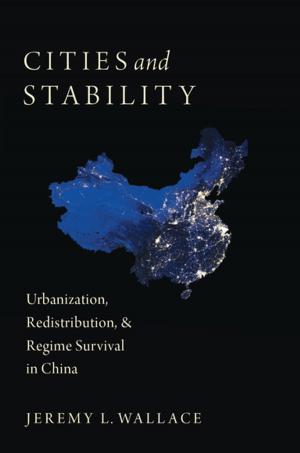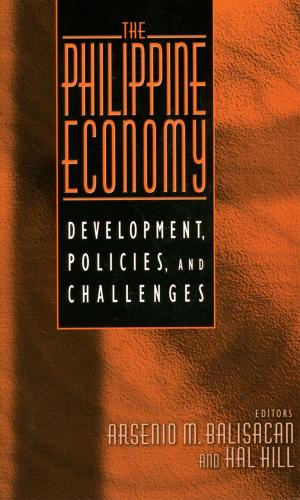Political Parties, Business Groups, and Corruption in Developing Countries
Nonfiction, Social & Cultural Studies, Political Science, International, Foreign Legal Systems, Politics, Economic Conditions, Government| Author: | Vineeta Yadav | ISBN: | 9780190453718 |
| Publisher: | Oxford University Press | Publication: | April 13, 2011 |
| Imprint: | Oxford University Press | Language: | English |
| Author: | Vineeta Yadav |
| ISBN: | 9780190453718 |
| Publisher: | Oxford University Press |
| Publication: | April 13, 2011 |
| Imprint: | Oxford University Press |
| Language: | English |
Political corruption is one of the globe's most pressing yet seemingly permanent problems. It is a root cause of low growth and inequality, and plagues numerous nations throughout the world in varying degrees. In Political Parties, Business Groups, and Corruption in Developing Countries, Vineeta Yadav tackles the puzzle of corruption by analyzing the role that business lobbying plays in it. She shows that the structure of a developing nation's legislative institutions frequently determines whether such institutions promote or restrain corruption. Combining focused studies of legislative institutions and business groups in India and Brazil with a broader survey of corruption in sixty four developing democracies, Yadav shows how systems with powerful parties rather than ones with powerful individual legislators encourage the most corruption. A rigorous comparative examination of the connections between political institutions, lobbying, and corruption, this work will reshape our understanding of how developing country democracies can both discourage and encourage bribery, vote buying, and influence peddling.
Political corruption is one of the globe's most pressing yet seemingly permanent problems. It is a root cause of low growth and inequality, and plagues numerous nations throughout the world in varying degrees. In Political Parties, Business Groups, and Corruption in Developing Countries, Vineeta Yadav tackles the puzzle of corruption by analyzing the role that business lobbying plays in it. She shows that the structure of a developing nation's legislative institutions frequently determines whether such institutions promote or restrain corruption. Combining focused studies of legislative institutions and business groups in India and Brazil with a broader survey of corruption in sixty four developing democracies, Yadav shows how systems with powerful parties rather than ones with powerful individual legislators encourage the most corruption. A rigorous comparative examination of the connections between political institutions, lobbying, and corruption, this work will reshape our understanding of how developing country democracies can both discourage and encourage bribery, vote buying, and influence peddling.















